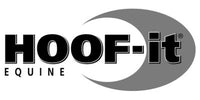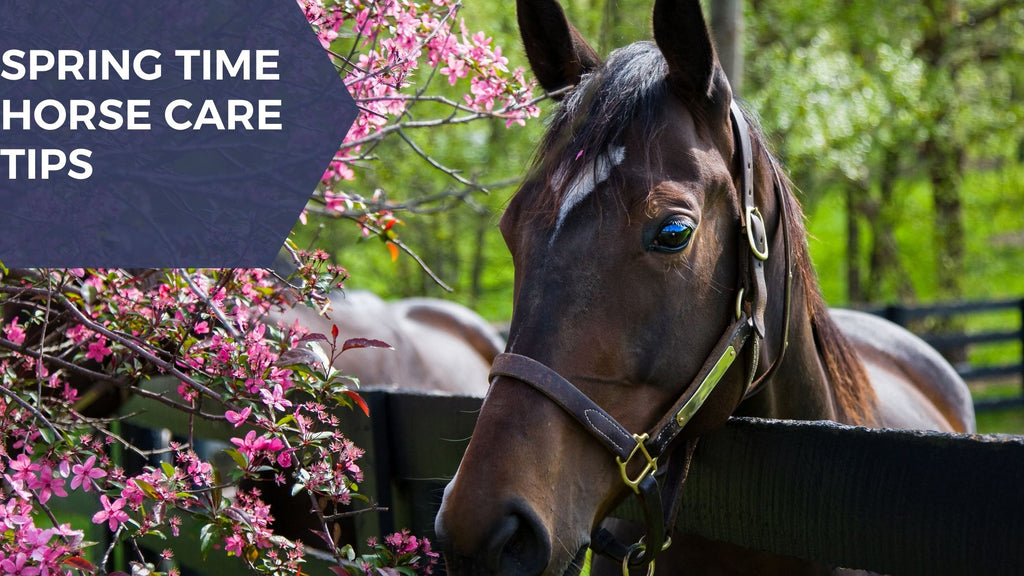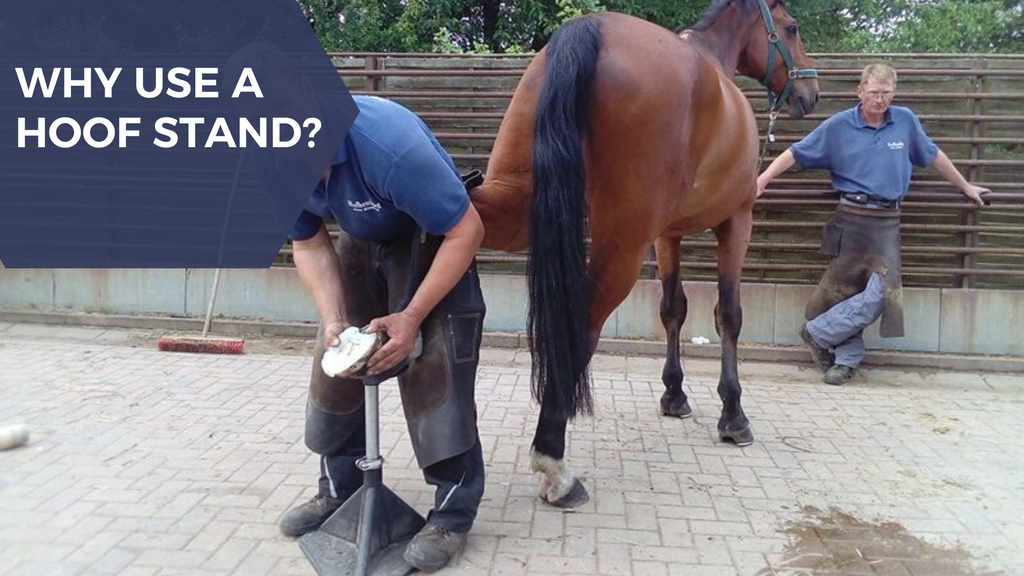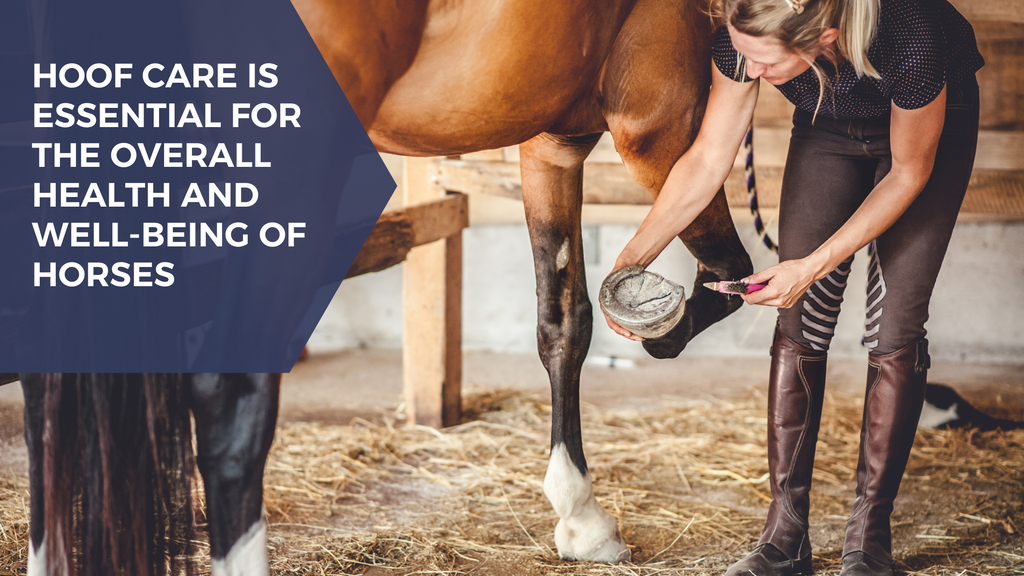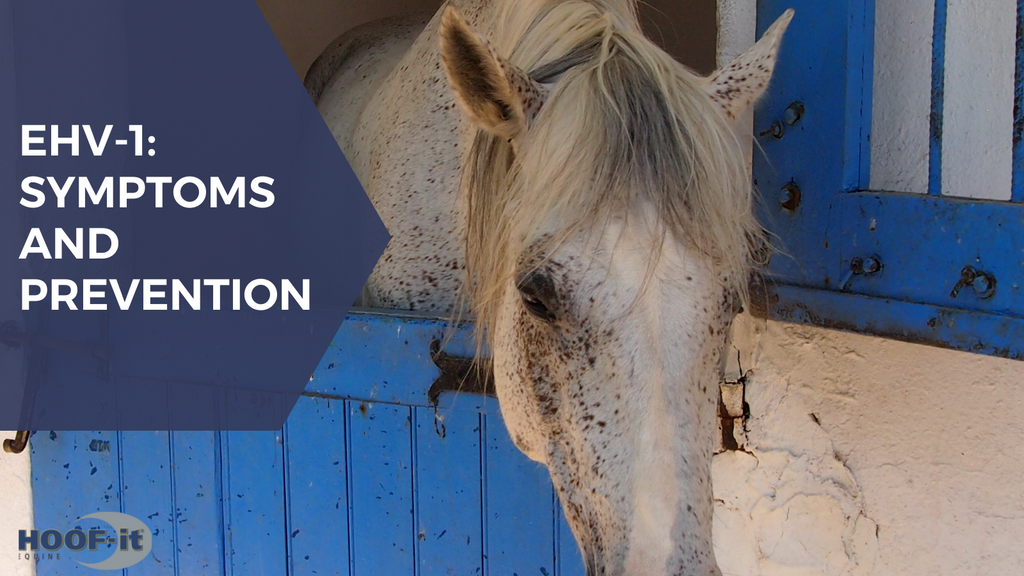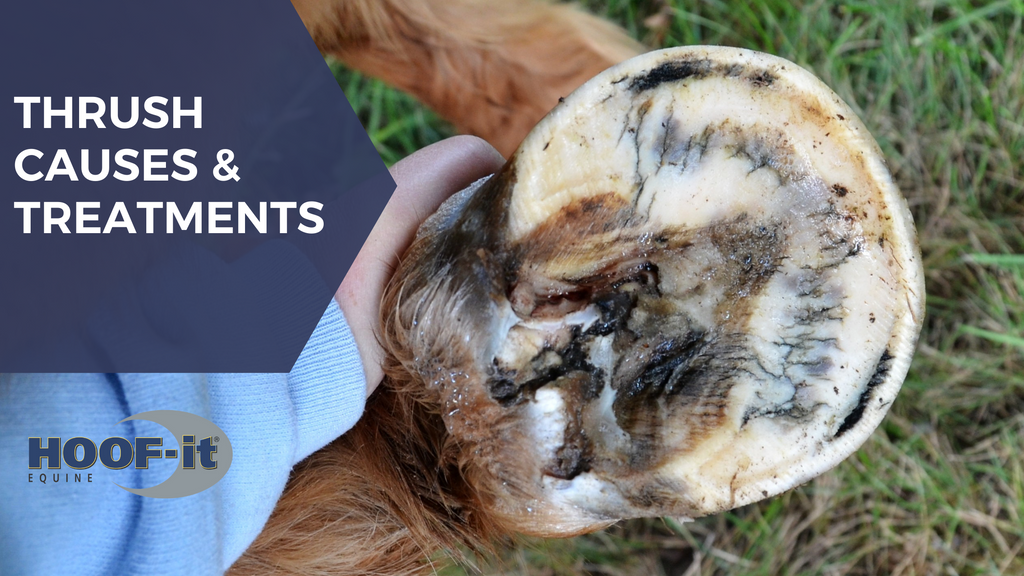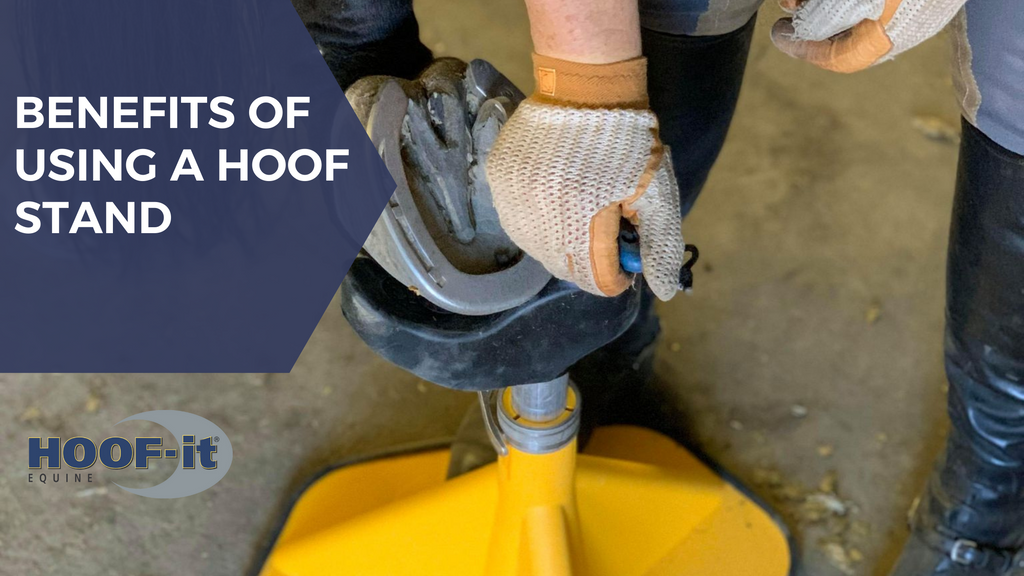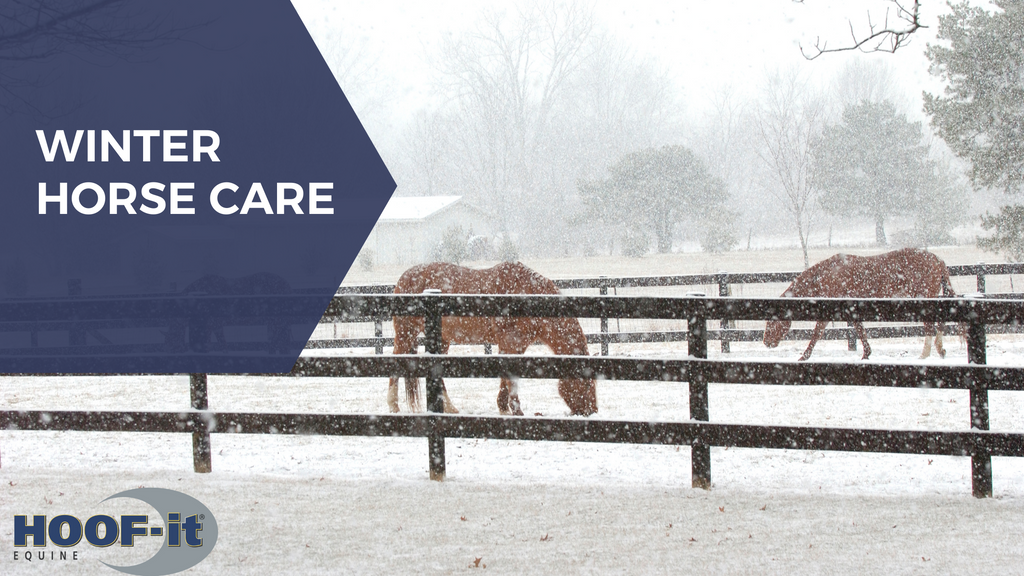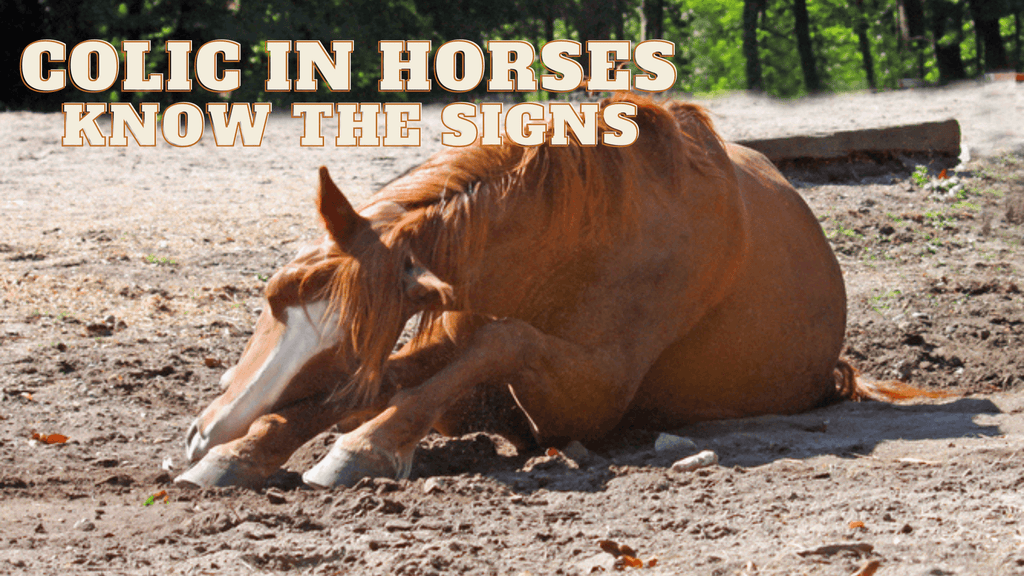HOOF-it Blog
Why would I switch my horse to composite horseshoes?
Why use a hoof stand?
Why equine hoof care is essential
EHV-1: Symptoms and Prevention
Equine Herpesvirus-1 (EHV-1) is a common equine virus. It has been known to cause respiratory disease, neurological disease, and abortions.
Thrush: Causes and Treatments
Benefits of Using a Hoof Stand
Winter Horse Care
Horse Genotyping and Breed Testing
COLIC IN HORSES – KNOW THE SIGNS
Most likely when you hear the word colic, it sends chills down your spine or makes you stop in your tracks and think of stories you’ve heard. If you have never had a horse colic, most likely you have known someone who has. Colic is the general term for abdominal pain, but it’s also a sign of something else.
Colic is a sign that something is not right in your horses’ digestive tract. This means there are a lot of different signs and outcomes.
Only someone who knows this horse could tell you if he’s in trouble or just rolling around in the dirt. If he is getting up a down a lot or super restless, it could be a sign of colic.
TWO THINGS ARE CERTAIN WHEN DEALING WITH A HORSE THAT IS COLICING
One, seemingly mild case of an upset stomach can turn deadly very quickly and a seemingly obvious case of colic could turn out to be minor. This is what makes colic so dangerous.
Two, you must involve your veterinarian immediately to determine the seriousness of the issue. Only administer medications after talking to your veterinarian. Pain medications can mask the signs and make and accurate diagnosis and treatment plan difficult.
WHAT ARE THE SIGNS OF COLIC? Be aware that many of the signs of colic can look like totally normal horse behaviors.


It is important that you know your horses baseline temperature, pulse and respiration. Have your vet do a thorough examination to get these baseline numbers. Then, if something is wrong, you can compare their current situation to what they were when they were normal.

Rolling. Again, this a common behavior in horses. Normally your horse rolls to scratch themselves. In colic, it can be a sign of distress and your horse trying to relieve pain.
Turning to look at their flanks repeatedly. Horses will do this when in pain as if to find out what is going on back there.
Belly kicking. Most horses will do this in the spring and summer trying to get rid of flies. If there are no flies around, you might want to keep an eye on this behavior as it can indicate a response to pain.
Not eating or drinking. This is always a tell-tale sign that something is up with your horse. You can check for hydration by feeling your horse’s gums to see if they are moist.
Changes in manure output. Checking the volume, texture, consistency and frequency will tell you a lot about your horses’ health. If they stop going, they could be impacted.
Changes in urine output. Many horses that are in pain will urinate frequently, but in small amounts to try to relieve pressure.
Flehmen response. Most of the time this is a normal reaction to a smell, but sometimes can indicate that your horse is in pain.
Abnormal gut sounds. Do you know what is normal for your horse? Sometimes with colic your horses gut sounds will be louder and more frequent, but sometimes gut sounds go away with colic.
Fast pulse. This falls into the category of knowing what your horses’ normal vital signs are. An elevated heart rate and sometimes elevated respiration and temperature are a sign of colic.
Excessive sweating, immobility, or restlessness. If your horse doesn’t usually exhibit these behaviors and suddenly you notice any of these it could point to colic.
When in doubt with any of these symptoms and behaviors, it is best to call your vet and let them do a thorough examination so that you can be sure everything is ok.
